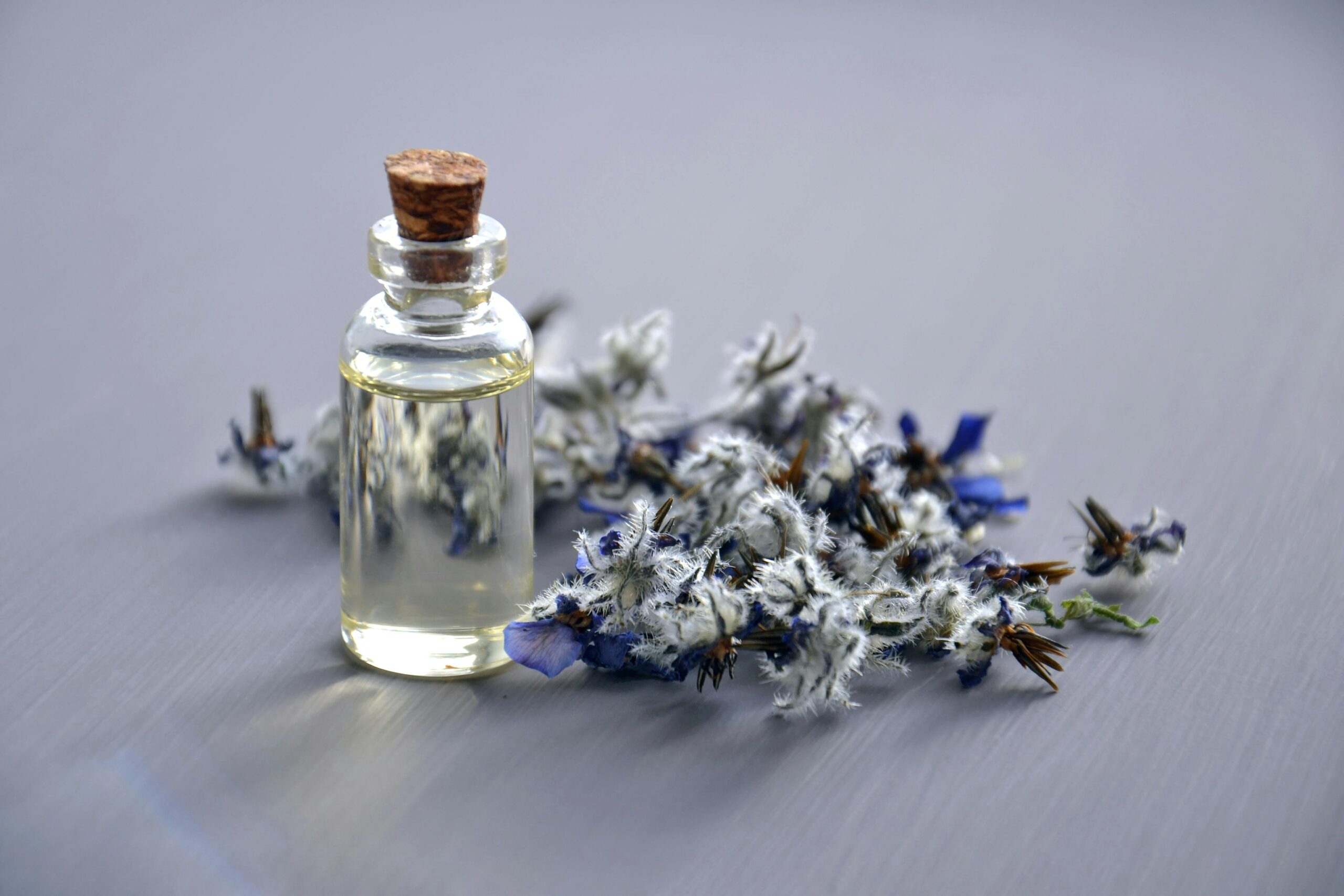Finding moments of tranquility and calm amidst the chaos can feel like a challenge. However, with the ancient practice of aromatherapy, you can create a peaceful oasis in the comfort of your home.
Aromatherapy harnesses the therapeutic properties of essential oils to promote physical, emotional, and mental well-being. From soothing stress and anxiety to boosting mood and concentration, the benefits of aromatherapy are truly transformative.
In this article, we’ll explore its various benefits of using aromatherapy in your home environment.
1. Promotes Relaxation and Stress Relief
One of the most well-known benefits of using aromatherapy in your home is its ability to promote relaxation and alleviate stress. Certain essential oils, such as lavender, chamomile, and bergamot, possess calming properties that can help soothe frazzled nerves and induce a sense of tranquility.
By diffusing these oils into the air or adding them to a warm bath, you can create a peaceful ambiance that encourages relaxation and stress relief after a hectic day.
2. Enhances Mood and Emotional Well-Being
Aromatherapy has the power to uplift the spirits and enhance mood, making it a valuable tool for promoting emotional well-being. Citrus oils like lemon and orange are known for their energizing and mood-boosting effects, while floral scents such as rose and jasmine can evoke feelings of happiness and contentment.
By diffusing these mood-enhancing oils throughout your home, you can create a positive and uplifting atmosphere that uplifts your mood and promotes emotional balance.
3. Improves Sleep Quality
If you struggle with insomnia or restless nights, aromatherapy may offer a natural solution for improving sleep quality. Certain essential oils, such as lavender and chamomile, have been shown to have sedative effects that can help promote relaxation and facilitate restful sleep.
By diffusing these oils in your bedroom or adding a few drops to your pillow, you can create a soothing bedtime ritual that signals to your body and mind that it’s time to unwind and prepare for sleep.
4. Boosts Concentration and Mental Clarity
In addition to its calming and mood-enhancing properties, aromatherapy can also help improve focus and concentration. Essential oils like peppermint and rosemary are known for their invigorating and clarifying effects, which can help sharpen mental acuity and enhance cognitive function.
Whether you’re studying for an exam, tackling a work project, or simply need a mental boost, diffusing these oils in your home office or workspace can help create an environment conducive to productivity and mental clarity.
5. Supports Respiratory Health
Aromatherapy can also have profound benefits for respiratory health, particularly for those suffering from allergies, asthma, or congestion. Eucalyptus oil, for example, has decongestant and expectorant properties that can help clear nasal passages and ease breathing.
By diffusing eucalyptus oil or other respiratory-supporting oils in your home, you can promote clearer airways and a healthier respiratory system for you and your family.
Conclusion
Using aromatherapy into your home environment is a simple yet effective way to promote overall well-being and enhance your quality of life. Whether you’re seeking relaxation, mood enhancement, better sleep, improved focus, or respiratory support, essential oils offer a natural and holistic solution for a wide range of health concerns.
So why wait? Start exploring the world of aromatherapy today and experience the transformative benefits of using aromatherapy in your home.
Frequently Asked Questions (FAQs)
1. How do I use essential oils for aromatherapy at home?
There are several ways to use essential oils for aromatherapy at home. You can diffuse oils using a diffuser, add a few drops to a warm bath, dilute them in a carrier oil for massage, or create your own room spray by mixing oils with water in a spray bottle. Experiment with different methods to find what works best for you.
2. Are there any safety precautions I should be aware of when using essential oils?
While essential oils are generally safe when used properly, it’s essential to take precautions to avoid adverse reactions. Always dilute essential oils with a carrier oil before applying them to the skin, and perform a patch test to check for sensitivity. Keep oils out of reach of children and pets, and consult a healthcare professional before using essential oils if you are pregnant, nursing, or have underlying health conditions.
3. Which essential oils are best for promoting relaxation and stress relief?
Several essential oils are known for their calming and stress-relieving properties. Lavender, chamomile, bergamot, and ylang-ylang are among the most popular choices for promoting relaxation and reducing stress. Experiment with different oils or blends to find the scents that help you unwind and destress.
4. Can aromatherapy help with headaches or migraines?
Yes, certain essential oils have analgesic and anti-inflammatory properties that can help alleviate headaches and migraines. Peppermint, lavender, and eucalyptus are commonly used for headache relief. Apply diluted oil to the temples, forehead, or neck, or inhale the scent through steam or a diffuser for relief from headache symptoms.
5. How long do the effects of aromatherapy last?
The duration of aromatherapy effects can vary depending on the individual, the method of application, and the type of essential oil used. Inhaled oils typically have more immediate effects, while topical application may provide longer-lasting benefits. Experiment with different oils and methods to determine how long the effects last for you.



